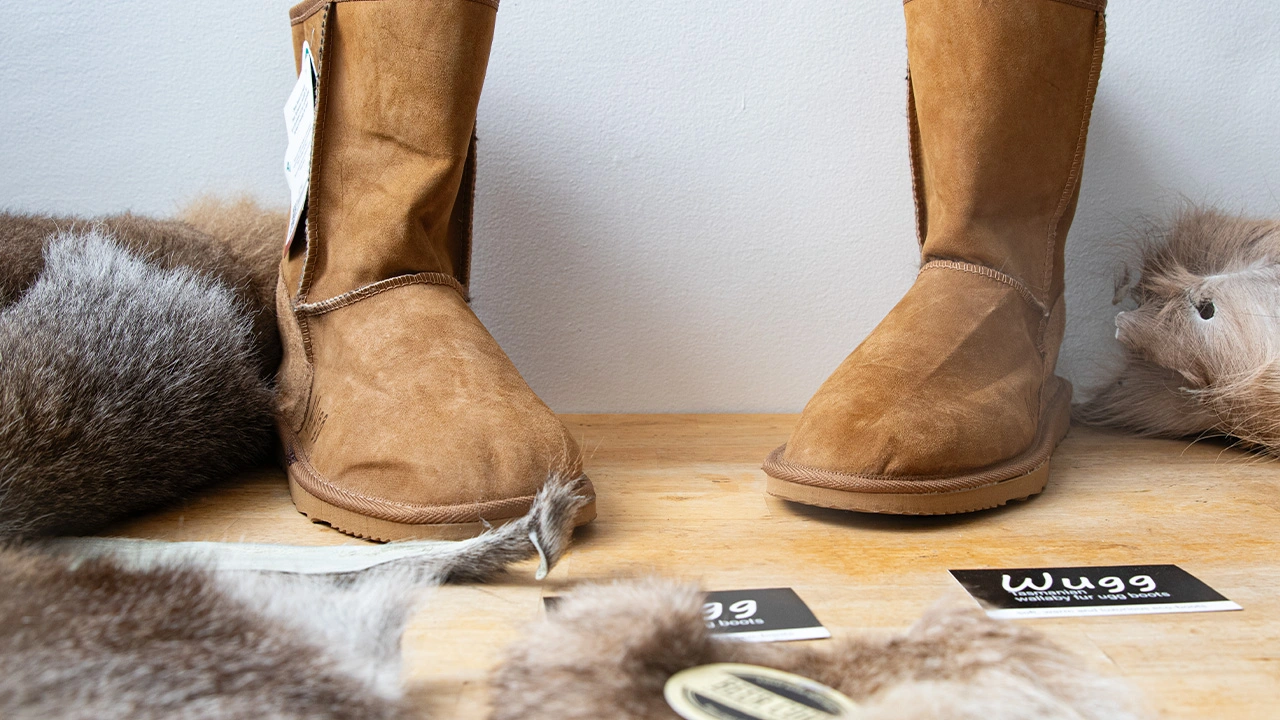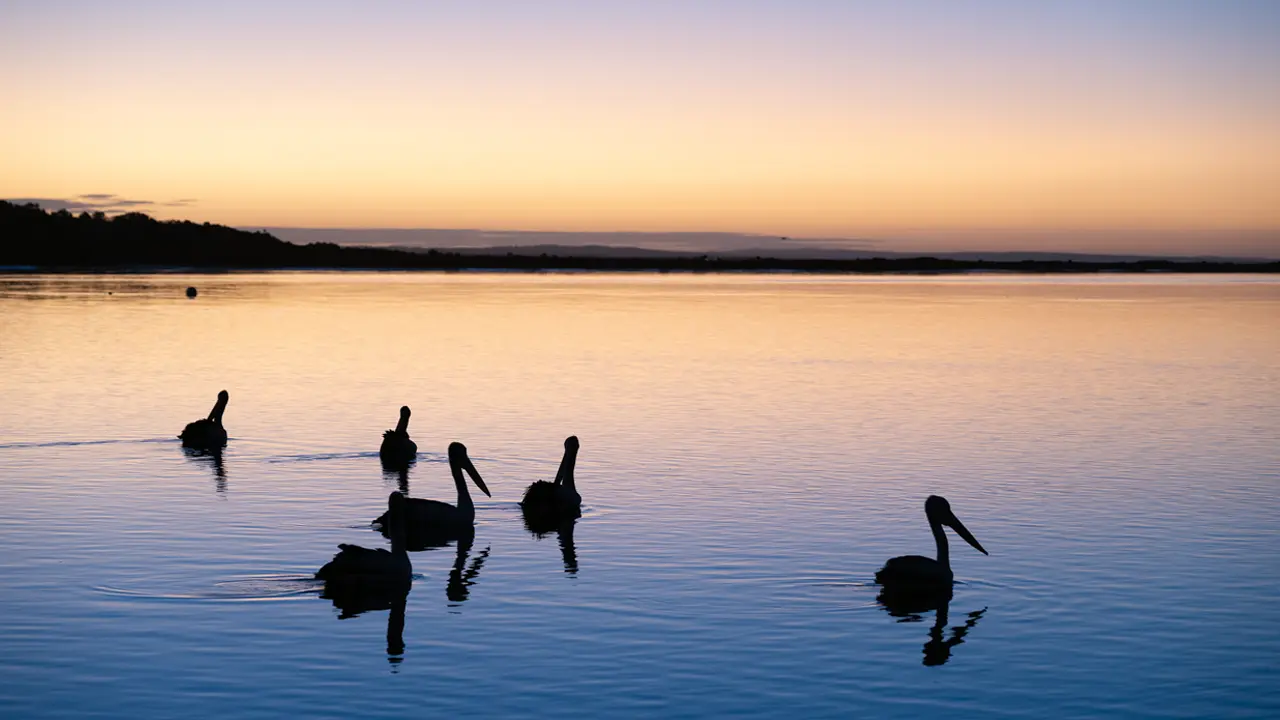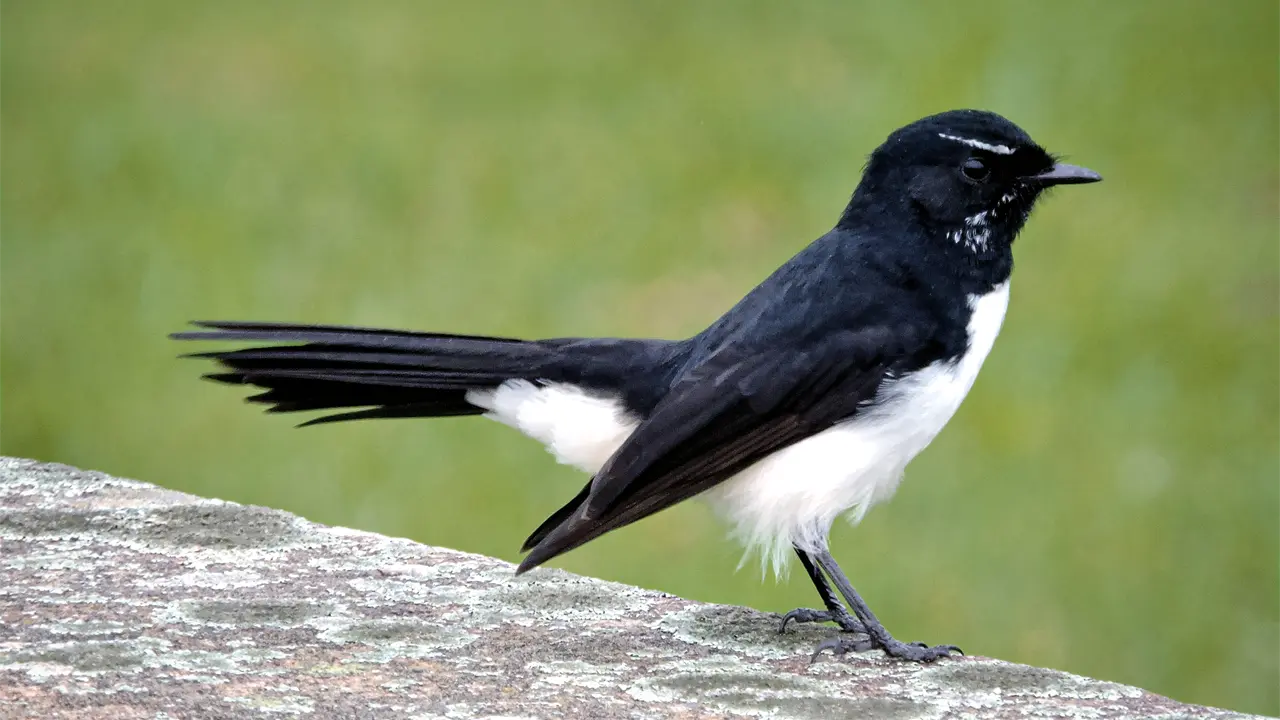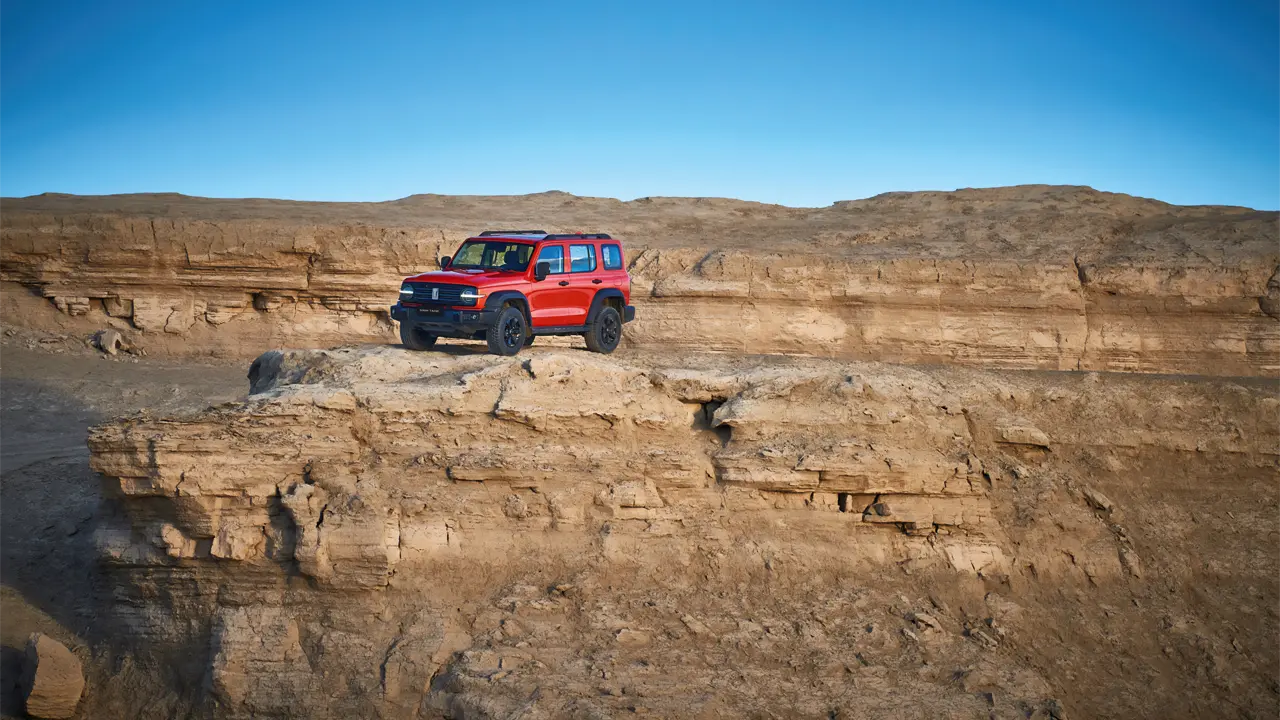A Tasmanian company is changing the way we think about wallabies.
Story + Photo Andrew Bain
John Kelly describes wallaby as being the meat of choice among discerning Tasmanians for 40,000 years. “It’s really only in the last century that there’s been a hiccup in its marketing program,” he says.
For the past 30 years, Launceston-based Lenah Game Meats, which John formed with business partner Sally Bruen in 1993, has been at the forefront of the wallaby industry, pioneering the meat for human consumption in Tasmania. Riding the difficulties of early market rejection, when wallaby was seen as good for nothing more than pet meat and patties, the meat producer is now flourishing. What began as a business of 2 people, today employs 16, along with half-a-dozen professional shooters, with sales booming and business diversifying.
Lenah is now processing around 40,000 wallabies a year, with its meat on the shelves of 200 supermarkets and the menus of more than 100 restaurants, including the likes of Stillwater, the Launceston restaurant that’s a regular on lists of Australia’s top eateries. There are even customers so enamoured with the eco ethos of wallaby meat that they call themselves ‘wallatarians’.
Even as meat sales were spiking during COVID, Lenah Game Meats decided to put more skin in the game, literally. For nearly 30 years, Lenah had reluctantly dumped most of its wallaby skins in pits but, observing the worldwide boom in online shopping during the pandemic, John set about resurrecting an idea that the company had briefly pursued 10 years ago – making Ugg boots from their skins.
This story excerpt is from Issue #152
Outback Magazine: Dec/Jan 2024










